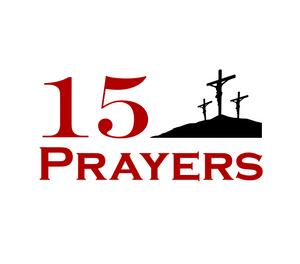
Book VI
Of Varro’s threefold division of theology, and of the inability of the gods to contribute anything to the happiness of the future life.
Chapter 1
Of those who maintain that they worship the gods not for the sake of temporal, but eternal
advantages.Chapter 2
What we are to believe that Varro thought concerning the gods of the nations, whose various kinds and sacred rites he has shown to be such that he would have acted more reverently towards them had he been altogether silent concerning them.
Chapter 3
Varro’s distribution of his book which he composed concerning the antiquities of human and divine things.
Chapter 4
That from the disputation of Varro, it follows that the worshippers of the gods regard human
things as more ancient than divine things.Chapter 5
Concerning the three kinds of theology according to Varro, namely, one fabulous, the other natural, the third civil.
Chapter 6
Concerning the mythic, that is, the fabulous, theology, and the civil, against Varro.
Chapter 7
Concerning the likeness and agreement of the fabulous and civil theologies.
Chapter 8
Concerning the interpretations, consisting of natural explanations, which the pagan teachers
attempt to show for their gods.Chapter 9
Concerning the special offices of the gods.
Chapter 10
Concerning the liberty of Seneca, who more vehemently censured the civil theology than
Varro did the fabulous.Chapter 11
What Seneca thought concerning the Jews.
Chapter 12
That when once the vanity of the gods of the nations has been exposed, it cannot be doubted
that they are unable to bestow eternal life on any one, when they cannot afford help even with
respect to the things of this temporal life.

